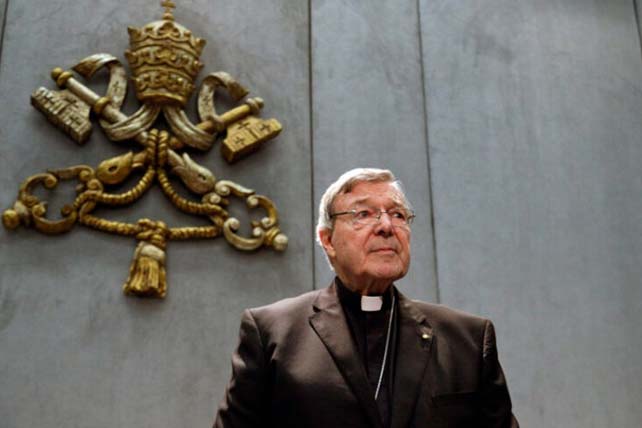VATICAN CITY (RNS) — Cardinal George Pell, who once spearheaded financial reform for Pope Francis at the Vatican, died Tuesday (Jan. 10) at the age of 81 due to complications after hip replacement surgery in Rome.
An influential conservative figure at the Vatican, he was praised for his forceful efforts to reform Vatican finances, but his life and career were marred in recent years by sexual abuse allegations.

